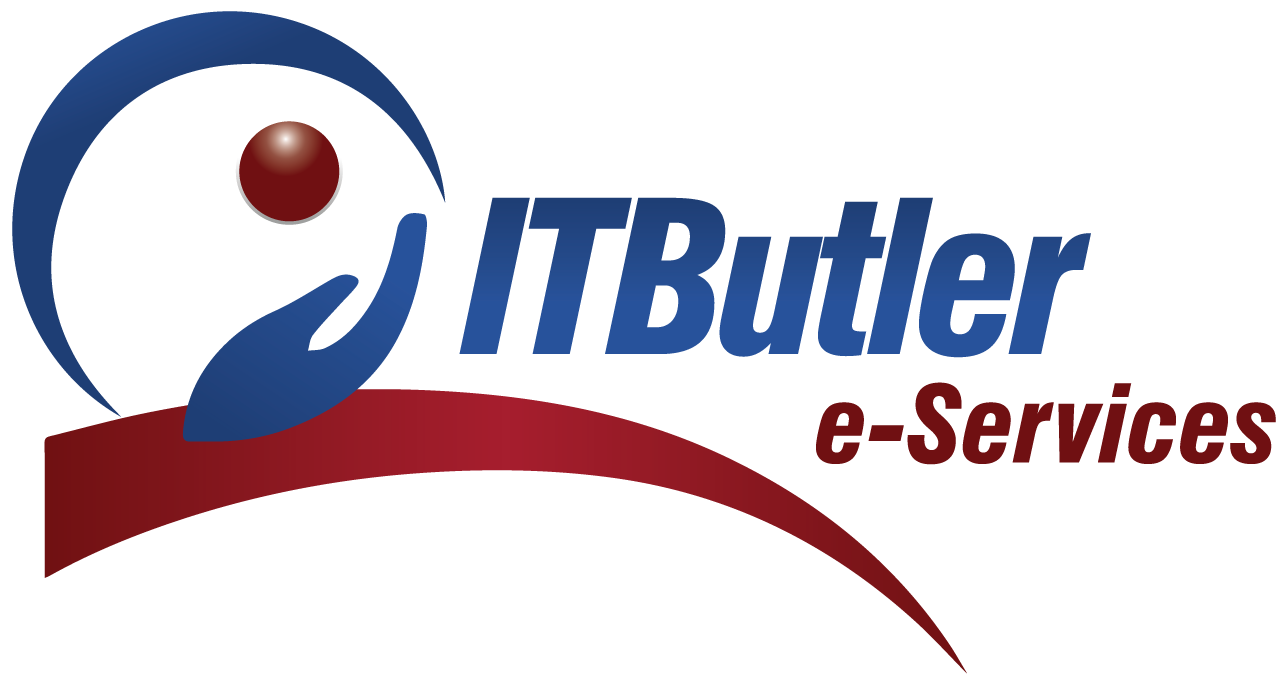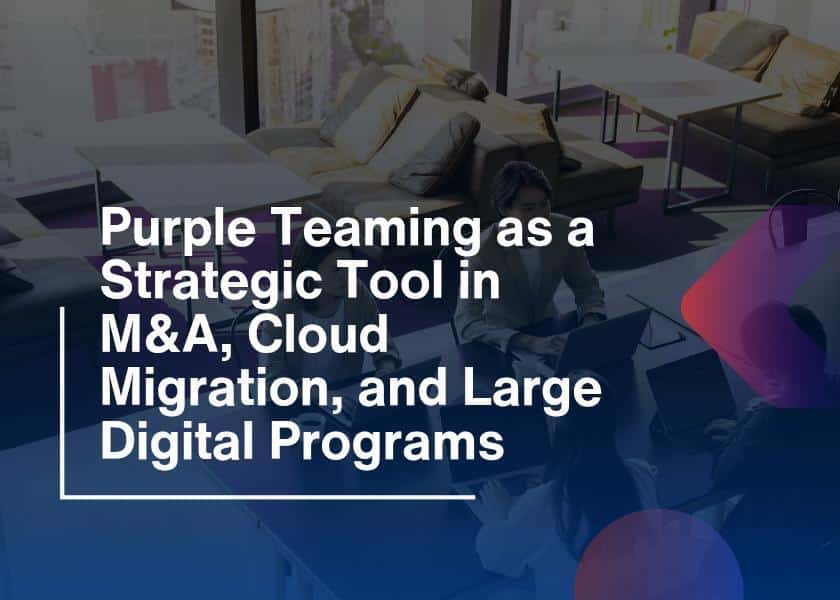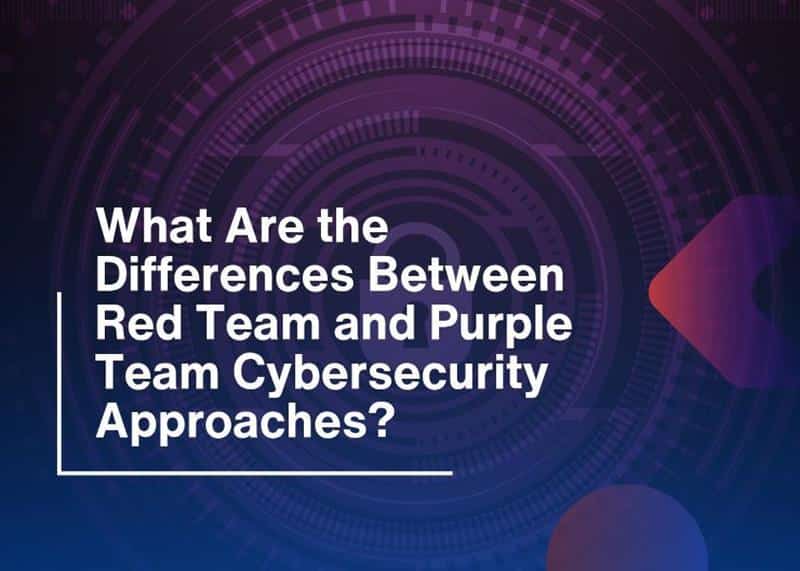Cloud computing is revolutionizing the way businesses store, access, and manage their data. While it offers undeniable convenience, one big question keeps popping up: How secure is cloud computing for businesses? The short answer lies in a term gaining popularity across the tech world: cloud security. Additionally, it plays a key role in ensuring data protection, business continuity, and compliance with regulations.
In this blog, we’ll explore the strengths and weaknesses of cloud computing security, bust some myths, and offer tips to make your cloud environment safer. So, let’s learn and uncover the truth behind the security of cloud computing.
What Is Cloud Security?
Cloud security describes the methods, rules, and measures that defend data, applications, and infrastructure in cloud computing. In addition, it makes using cloud services secure for businesses by protecting sensitive data.
Although it’s popular to believe cloud computing is not secure, it is quite safe. In reality, Amazon Web Services (AWS), Microsoft Azure and Google Cloud put in billions to protect their infrastructure. Yet, security should be seen as everyone’s job. While the system’s foundational hardware is protected, it is down to customers to protect their data, programs and access policies.
How Important is Cloud Computing Security
It’s no secret that data is what keeps most modern businesses running. Should your data become unavailable or be seen by unauthorized people, you’re very likely to experience difficulty. So, Cloud data protection is now more necessary than ever.
As an example, cyberattacks keep getting more advanced all the time. Therefore, businesses are in danger from ransomware and phishing schemes all the time. That’s why using secure cloud systems protects your system from possible attacks. In addition to securing sensitive information, they also help your operations continue without problems during any cyber crisis.
Additionally, many industries have to meet tough rules such as GDPR, HIPAA, and PCI DSS. If your cloud protection is poor, it can become difficult to comply, which puts your business at risk for legal penalties.
Top Reasons Why CloudProtection Is Important
Cloud data protection gives businesses more than just the safety of their data. Let’s look at some big examples now.
1. Scalability
When your business grows, the risks you face will change too. Luckily, security on cloud platforms adjusts to your specific needs and lets you adjust as you grow. So, if you add staff or open in a different area, cloud security is able to respond fast.
2. Real-time Threat Detector
With AI and ML, Cloud data protection tools can now find suspicious actions at the moment they happen. As a result, threats can be handled faster and breaches of data are less likely to happen.
3. Disaster Recovery
The best security measures can’t always stop every problem. Cloud services are lucky because backup and disaster recovery are usually included. Therefore, if your information is attacked or lost, you can recover it quickly with little impact on your business activities.
4. Centralized Protection
With cloud services, security rules and updates are sent and enforced at all sites right away. It makes it much easier to handle diplomatic activities and enhances national safety.
Common Threats to Cloud Safety
Despite its advantages, cloud computing is not without its risks. Understanding the common threats helps you prepare better.
1. Data Breaches
Unauthorized access to cloud data is one of the biggest risks. Whether due to weak passwords or misconfigured settings, breaches can cause significant harm.
2. Insider Threats
Not all threats come from outside. Employees or contractors with access to sensitive systems can misuse their privileges, sometimes accidentally, and cause serious damage.
3. Insecure APIs
Application Programming Interfaces (APIs) help apps talk to each other. But if these APIs are not secured properly, hackers can use them to gain access to your data.
4. Account Hijacking
Phishing emails and other tricks can lead to account hijacking. So, once a hacker has access to an admin account, they can do a lot of damage.
How Cloud Providers Ensure Cloud Security
Cloud providers indeed take security seriously. Here’s how they protect your business data:
1. Data Encryption
Cloud providers use strong encryption to protect data both at rest (stored data) and in transit (data being sent). Even if hackers intercept the data, they can’t read it without the key.
2. Regular Security Audits
Major cloud platforms undergo regular security audits and compliance checks. So, this ensures they meet industry standards and stay updated on the latest threats.
3. Firewalls and Intrusion Detection Systems
Cloud providers use advanced tools to detect and block unauthorized access attempts. These systems act as barriers between your data and potential attackers.
4. Physical Security
It might sound surprising, but physical security matters too. Additionally, cloud data centers have tight security measures, like biometric scanners and surveillance systems, to keep intruders out.
Best Practices to Improve Cloud Protection
Although your cloud provider does a lot, your business must still take steps to ensure complete security. Let’s look at some cloud security best practices you should follow:
1. Use Unique Passwords
Avoid using the same password for multiple accounts. Better yet, implement multi-factor authentication (MFA) to add an extra layer of security.
2. Encrypt Your Data
Even though most cloud providers offer encryption, consider encrypting your data before uploading it. This adds another layer of protection.
3. Limit Access
Not everyone needs access to everything. Use role-based access controls (RBAC) to ensure employees only see the data they need to do their job.
4. Keep Software Updated
Make sure your applications and systems are always updated. Patches and updates fix security holes that hackers can exploit.
5. Regular Backups
Even with the best security in place, always back up your data regularly. This ensures you can recover quickly if something goes wrong.
6. Employee Training
Security starts with your team. Train employees to spot phishing emails, avoid suspicious downloads, and follow best practices for data safety.
Busting Cloud Computing Security Myths
There are plenty of myths around cloud computing. Let’s clear up some of the most common ones:
Myth 1: Cloud Is Less Secure Than On-Premises Servers
In reality, cloud providers often offer more robust security than many in-house systems. They have dedicated security teams and better resources.
Myth 2: You Don’t Need to Worry—The Provider Handles Everything
Not true. Security is a shared responsibility. While providers handle the infrastructure, you’re responsible for securing access, data, and configurations.
Myth 3: Small Businesses Aren’t Targets
In fact, small businesses are often easier targets because they may not invest heavily in security. So yes, Cloud data protection matters for companies of all sizes.
Future of Cloud Security
As cloud adoption increases, so do the security challenges. But here’s the good news: Technology is also evolving. In the near future, we’ll see more automation, smarter AI-based threat detection, and tighter regulations.
Quantum computing may also change encryption methods, prompting businesses to adopt post-quantum cryptography. Furthermore, zero-trust security models, where no one inside or outside the network is trusted by default, will become more common. By staying updated and adopting the latest security trends, businesses can ensure their cloud environments remain safe and secure.
Conclusion
So, how secure is cloud computing for businesses? The answer lies in your approach. With the right strategies, tools, and awareness, the cloud can be just as secure, if not more secure, than traditional systems. The key is understanding that cloud security is a shared responsibility. Providers offer the foundation, but it’s up to you to build a solid fortress on top of it.
Ultimately, cloud computing offers unmatched flexibility, cost-efficiency, and scalability. When paired with strong security practices, it becomes a powerful asset for businesses aiming to grow in the digital age. Don’t let security concerns hold you back. Embrace the cloud, but do it wisely.





